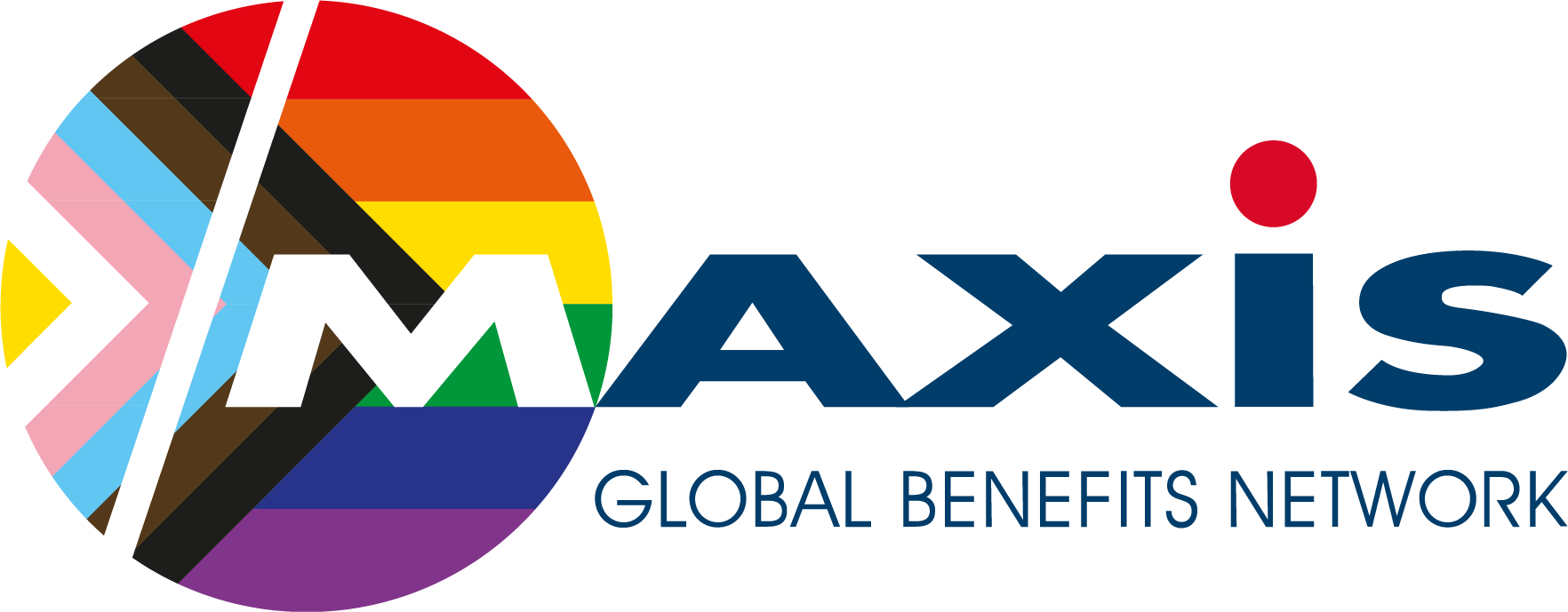Are you looking to support your employees through the challenges that the last year has thrown up? Joash Narainsamy, Manager Global Brand & Marketing from our wellness partner ICAS World1 takes a look at why an employee assistance programme (EAP) could be the answer.
Employees have experienced an incredible shift in how they are accustomed to working, and this has had consequences on various aspects of their personal and professional lives. The result is that the current working environment is plagued by a decrease in employee engagement and low morale due to the new ways of working and a disengagement caused by the pandemic.
Levels of mental wellbeing have plummeted, and employees are taking far fewer vacations and time off from work to decompress. As a result, work-life balance has been disrupted greatly, creating more strain on the relationship between employers and employees. Because of all this and more, there’s no better time than now for organisations to be implementing an EAP to help their employees cope with these challenges.
Remote work challenges
About 30% of US organisations are expecting 40% or more of their employees to work remotely for a year after COVID-19.2 This figure may differ in other markets, but most organisations globally are experiencing some good and some bad consequences of remote work. With remote working comes a risk in the destabilisation of work morale, collaboration and engagement. It can also be a challenge for management and human resources (HR) to successfully manage a remote team.
An April 2021 survey has predicted that the large shift to remote working will continue in the months to come, even in a post-pandemic world.2 Although this may be temporary for some, there is a possibility of some remote positions remaining that way permanently. This means organisations will need to use very effective methods to maintain a healthy work environment that is a hybrid between the traditional and remote.

Perceived productivity consequences
It is amazing that during the pandemic, despite these overwhelming challenges, there is a self-reported increase in organisational productivity in the last year.

Various organisations report that, since the pandemic started, they have had an increase in productivity.2 While this seems good on the surface, there is more to it. To achieve this increase in productivity, employees have sacrificed recreational and personal time to meet work deadlines and maintain organisational success. Working long hours has increased productivity levels, but employees are suffering, and they are unable to adequately balance their professional demands and their private lives.
It’s quickly becoming clear how important it is for employees, especially those working remotely, to have some support and care to minimise unnecessary stress which will, in the end, affect the work being delivered. Working long hours can only be done for so long before employees feel burned out! Therefore, the level of performance seen currently is unsustainable in the long term and in fact, moving towards more of a normal work performance level should be encouraged as this will be a catalyst to improved work-life balance.
Increasing employee wellbeing needs
With the current state of COVID-19, many employees are finding themselves burned out and in need of adequate mental health support. There are varied causes for the increase in the number of burned-out employees, such as anxiety, stress, and worries over their wellbeing and that of their families. These are all ever-growing concerns that add to the mountain of potential causes of mental health decline.

With the current state of COVID-19, many employees are finding themselves burned out and in need of adequate mental health support. There are varied causes for the increase in the number of burned-out employees, such as anxiety, stress, and worries over their wellbeing and that of their families. These are all ever-growing concerns that add to the mountain of potential causes of mental health decline.No wonder there has been a rise in the use of EAPs – 67% of organisations that responded to the survey said that EAP use had risen since the pandemic!2 More employers are finding themselves challenged with the need to assist their employees to cope with the many changes that have occurred and some that are still in progress or to come
Your employees are looking to you for a sense of direction and to feel not only valued but cared for, whether working in the office or from home. An EAP that provides careful specialist care for your employees will give you peace of mind too. This kind of service builds the trust your employees have for your organisation and can assist them with all the challenges they may be facing. Working from home has made it particularly challenging for some employees to create some much-needed boundaries and to achieve balance and they are in need of this additional support.
Help employees find balance and health
As an employer, you may not be well equipped to handle the current challenges in your work environment, let alone fully understand them. That is why you need a structured EAP services that not only has the know-how to handle the current challenges you face but to further decode behavioural changes that may negatively impact your people in the long term. Collaborating with an EAP service provider that is well-versed in caring for remote workers is a great solution for multinationals in today’s climate.
Thanks for that look at the importance of EAPs, Joash. If you’d like to find out more, view the ICAS page on our website or contact your MAXIS GBN representative to find out how ICAS can support you and your employees.3
1 ICAS INTERNATIONAL HOLDINGS LIMITED incorporated and registered in England whose registered office is at 85 Gresham Street, London, England, EC2V 7NQ 2 Gad Levanon, Rebecca L. Ray, Frank Steemers & Robin Erickson, The Conference Board https://conference-board.org/topics/natural-disasters-pandemics/reimagined-workplace-a-year-later (sourced June 2021) 3 MAXIS GBN may receive fees, commissions and/or other remuneration from third parties in connection with the services we carry out for you.

